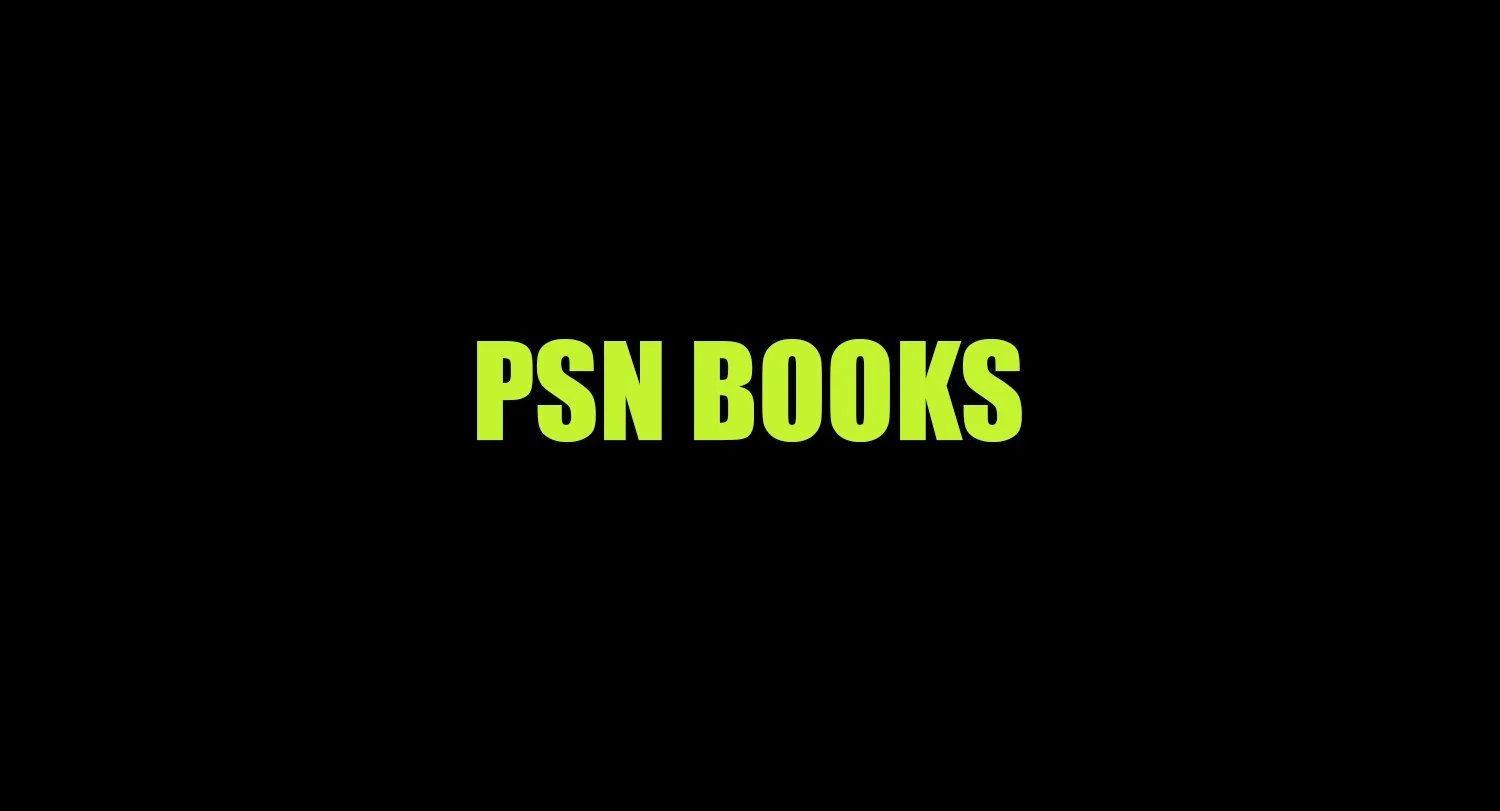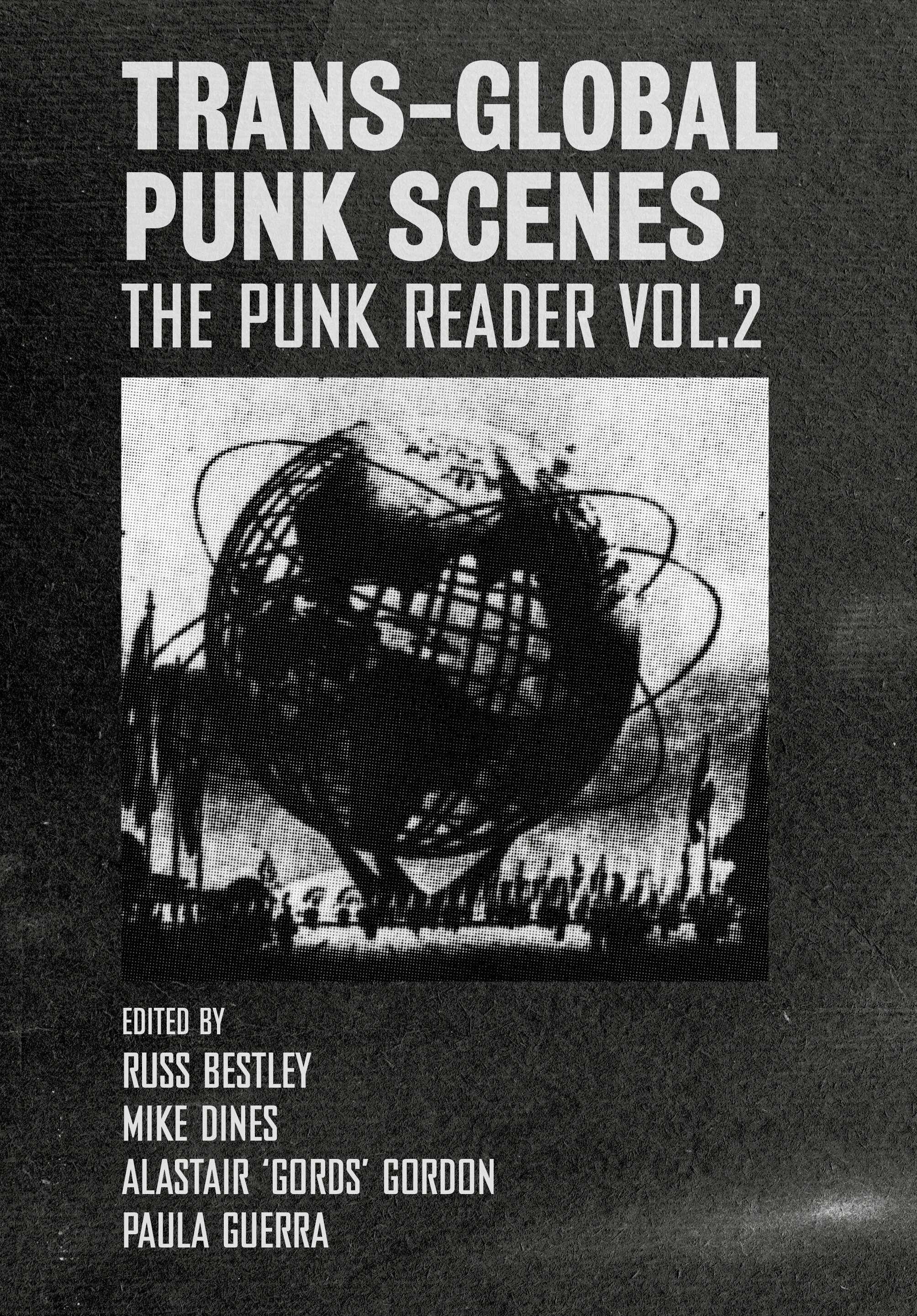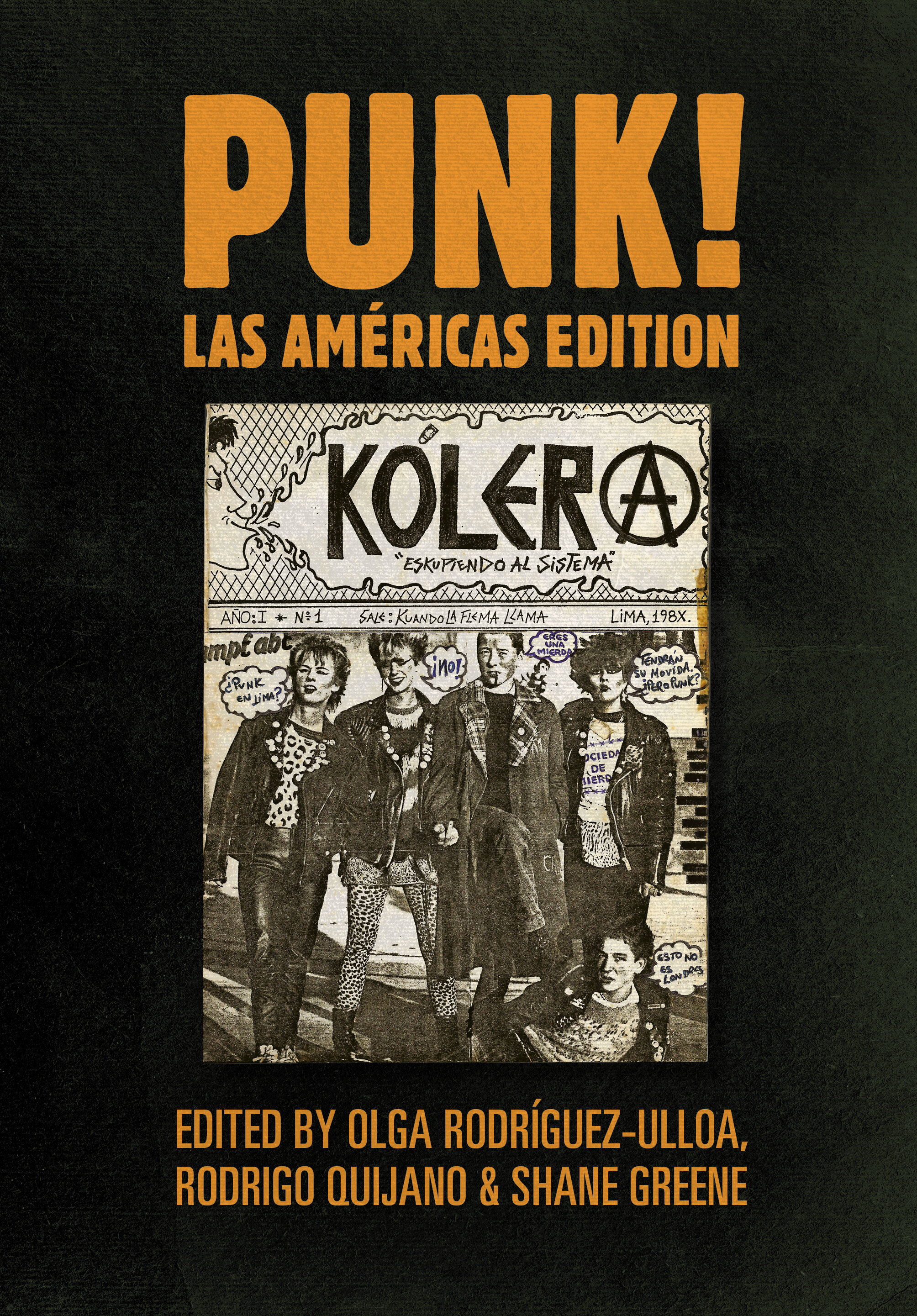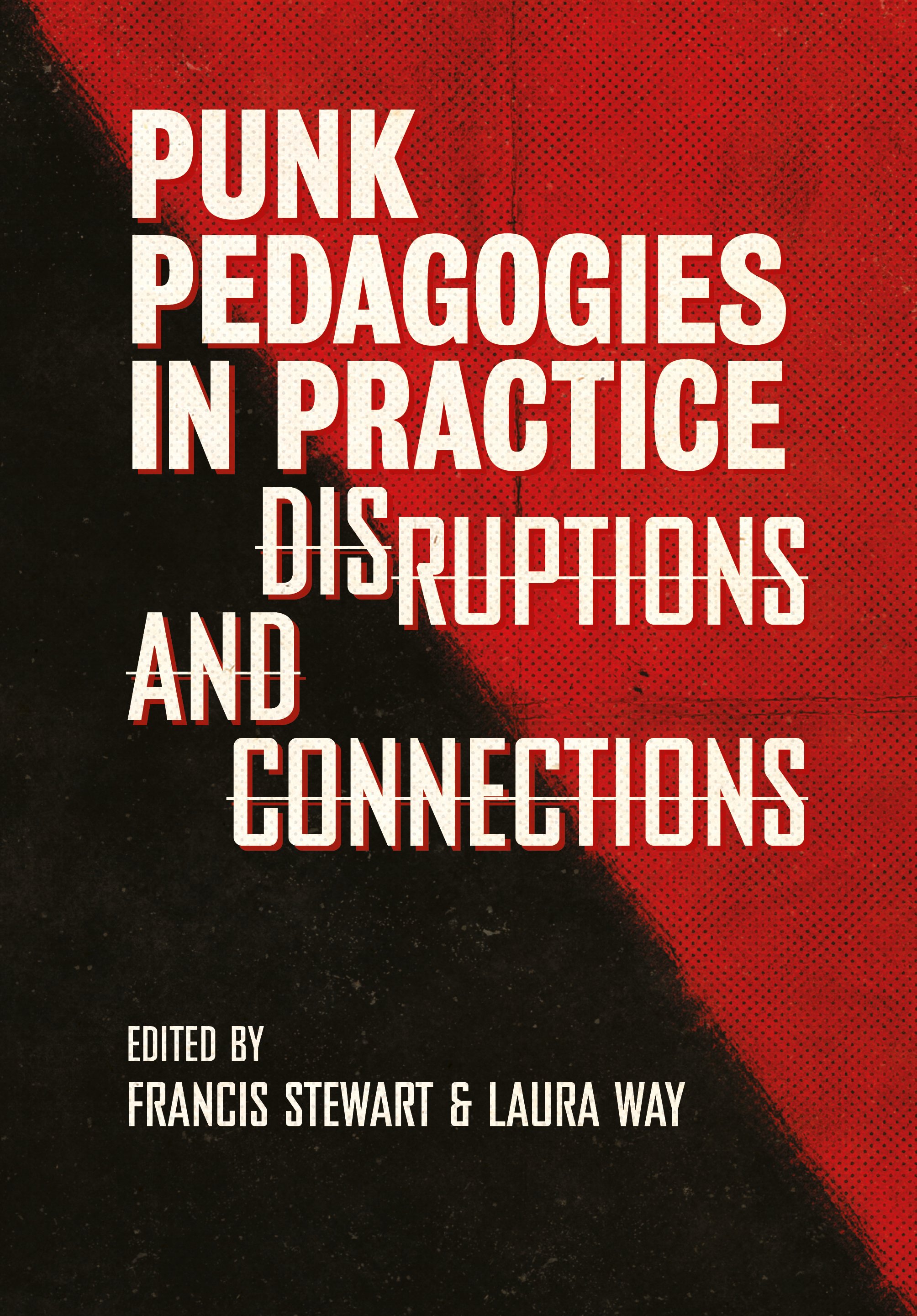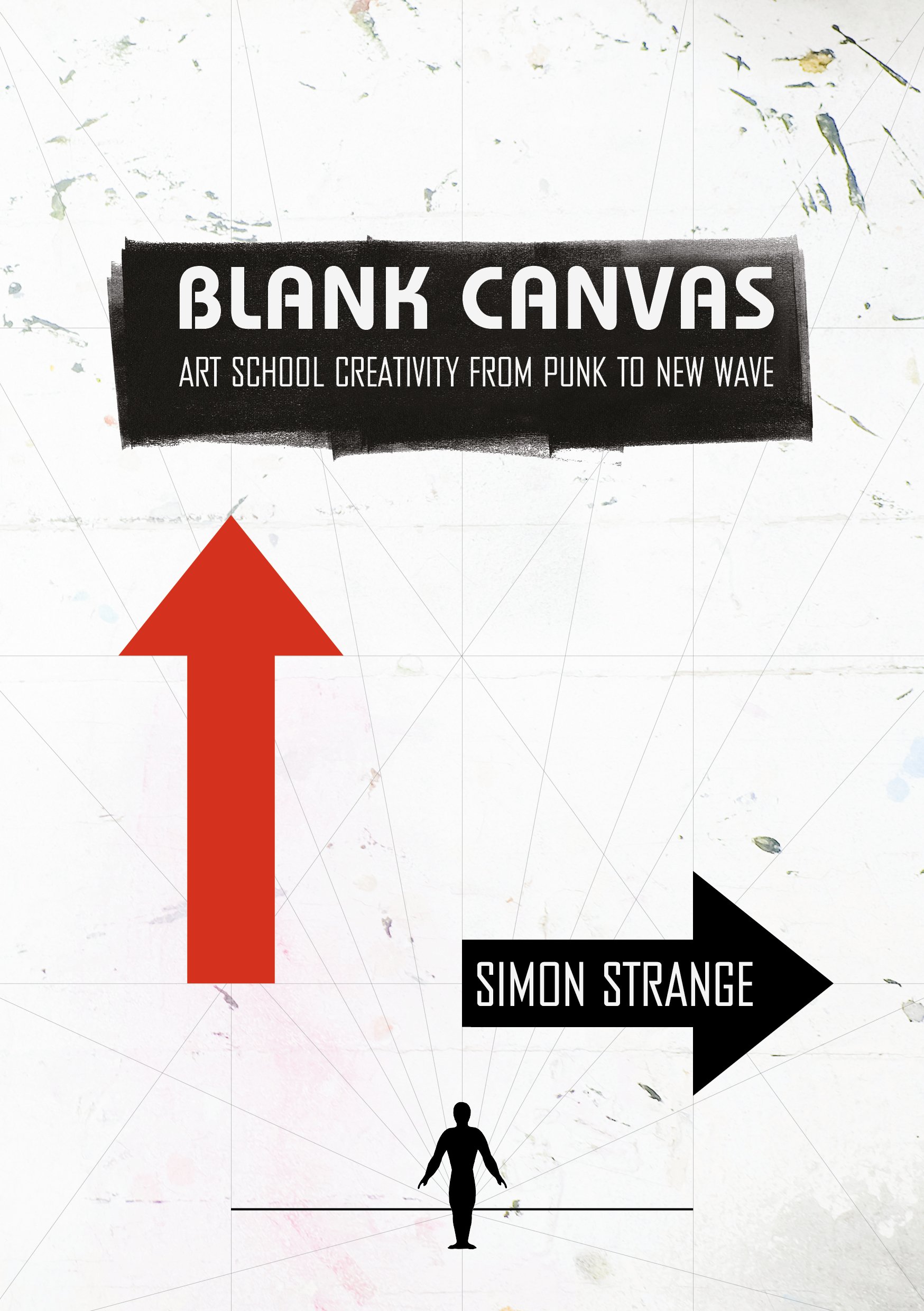Global Punk book series
Produced in collaboration between the Punk Scholars Network and Intellect Books, the Global Punk book series focuses on the historical development and contemporary presence of punk around the world, reflecting upon origins, aesthetics, identity, legacy, membership and circulation. Critical approaches draw upon the inter-disciplinary areas of (among others) cultural studies, art and design, sociology, musicology and social sciences in order to develop a broad and inclusive picture of punk and punk-inspired subcultural developments around the globe. The Global Punk series, therefore, adopts an essentially analytical perspective, raising questions about the dissemination of punk scenes and subcultures and their form, structure, and contemporary cultural significance in the daily lives of an increasing number of people around the world.
Topics may include (but are not limited to):
· Global impact and inclusion
· Punk history/histories
· Etymology and language
· Genre definition and development
· Antecedents and influences
· Practices of production, distribution and consumption/reception
· Art and design strategies
· Fashion, aesthetics and style
· Musicology
· Politics, community, gender, sexuality, class and race issues
· Transgression and subcultural opposition
· Associated cultural industries
· Concepts of independence and DIY cultures
· Debates around authenticity
· Archival practices
· Film studies
To propose a manuscript, or for more information about the series, please contact the series
co-editors Russ Bestley, r.bestley@lcc.arts.ac.uk and Mike Dines, M.Dines@mdx.ac.uk
Series Editors
Russ Bestley
Mike Dines
Editorial Board
Edward Avery-Natale
Ellen Bernhard
Minerva Campion
Pete Dale
Matt Grimes
Daniel Makagon
Michael Mary Murphy
Marie Arleth Skov
Francis Stewart
Laura Way
Art Director and Designer
Russ Bestley
PUnk now!! contemporary perspectives on punk
Edited by Matt Grimes & Mike Dines
The origins of Punk Now!! reside in the Second Annual Punk Scholars Conference and Postgraduate Symposium held at Birmingham City University in 2015. Since that time, the Annual Punk Scholars Network Conference and Postgraduate Symposium has grown to an international stature, whilst the PSN itself has many ‘chapters’ across the world, including America, Australasia, Indonesia, Mexico, France, Iberia and Colombia. This book emerges in part from some of the papers presented at the Punk Scholars Network conference at Birmingham City University, but also incorporates a continued range of academic writing affiliated with the PSN on the theme of Punk Now!!.
the punk reader. research transmissions from the local and the global
Edited by Russ Bestley, Mike Dines, Alastair Gordon & Paula Guerra
The Punk Reader: Research Transmissions from the Local and the Global is the first edited volume to explore and critically interrogate punk culture in relation to contemporary, radicalized globalization. Documenting disparate international punk scenes, including Mexico, China, Malaysia and Iran, The Punk Reader is a long-overdue addition to punk studies and a valuable resource for readers seeking to know more about the global influence of punk beyond the 1970s.
Trans-Global Punk Scenes:
The Punk Reader Vol.2
Edited by Russ Bestley, Mike Dines, Alastair Gordon & Paula Guerra
Trans-Global Punk Scenes: The Punk Reader Vol.2 critically engages with local, national and trans-global contemporary punk scenes across countries and regions including New Zealand, Indonesia, South Africa, Siberia and the Philippines, together with thematic discussions on the evolution and adaptation of subcultural styles, punk demographics and the notion of punk identity across cultural and geographic boundaries. This second volume of The Punk Reader extends the theme into new territories, with a particular emphasis on contemporary scenes, post-2000. This area of subcultural studies is far less documented than more ‘historical’ work related to earlier punk scenes and subcultures of the late 1970s and early 1980s. This book covers countries and regions including New Zealand, Indonesia, Cuba, Ireland, South Africa, Siberia and the Philippines, alongside thematic discussions relating to trans-global scenes, the evolution of subcultural styles, punk demographics and the notion of punk identity across cultural and geographic boundaries.
Punk Identities, Punk Utopias: Global Punk and Media
Edited by Russ Bestley, Mike Dines,
Matt Grimes & Paula Guerra
Punk Identities, Punk Utopias: Global Punk and Media explores the impact of digital media and key issues of identity, inclusion and exclusion in relation to contemporary global punk scenes. Chapters reflect current social, political and technological practices impacting punk communities and their relation to, among others, gender, ethnicity and representation. This book extends the critical enquiry initiated within the first two books in the Global Punk series and takes a markedly different approach. Chapters have been selected to reflect current social, political and technological concerns impacting upon contemporary punk scenes around the world, from digital technology and new media to gender, ethnicity, identity and representation. This title draws upon the inter-disciplinary areas of cultural studies, musicology and social sciences, for an edited text on the notion of identities, ideologies and cultural discourse surrounding contemporary global punk scenes.
PUNK!
Las Américas Edition
Edited by Olga Rodríguez-Ulloa,
Rodrigo Quijano & Shane Greene
This book challenges the dominant vision of punk – particularly its white masculine protagonists and deep Anglocentrism – by analysing punk as a critical lens into the disputed territories of ‘America’, a term that hides the heterogeneous struggles, global histories, hopes and despairs of late twentieth and early twenty-first century experience. The collective behind this volume directly challenges the globally hegemonic vision of punk – notable for its white masculine protagonists but perhaps more fundamentally its deep Anglocentrism – by theorizing punk as a lens into the contested and radically heterogenous territories that haunt this deceptively singular term ‘America’. Our notion of a critically heterogeneous and territorially disputed Americas points us toward a hemisphere that is complexly interconnected because it is also the product of contradictory global histories in the late twentieth and early twenty-first centuries.
PUNK PEDAGOGIES IN PRACTICE: DISRUPTIONS AND CONNECTIONS
Edited by Francis Stewart & Laura Way
This book takes a practice-based, interdisciplinary approach that can be applied to a wide range of contexts and educational settings. The insights generated within the various settings – further education, higher education, migrant education, zine workshops, community education and English as a second language – are relevant beyond those contexts. They are applicable to a wide range of disciplines and teaching and learning styles. This collection develops existing work on punk pedagogy by connecting up theory and practise while simultaneously disrupting current accepted approaches to pedagogy in post-16 education. Punk is often linked to values such as questioning, a do-it-yourself (DIY) ethic and community support. These can perform a vital role within post-16 education. Questioning can enable learners to develop critical thinking skills and deeper engagement. A DIY ethic can be employed to encourage independent learning, ownership of courses and creative problem solving. Community support can be vital in developing learner resilience, cooperation and confidence in struggles and failures.
BLANK CANVAS: ART SCHOOL CREATIVITY FROM PUNK TO NEW WAVE
Simon Strange
Art school Britain in the 1960s and 1970s was a hotbed of experimental DIY creativity that blurred the lines between art and music. In this book, multi-genre musician and university lecturer Simon Strange paints a picture of the diverse range of people who broke down the barriers between art, life and the creative self.
Tracing lines from the Bauhaus ‘blank slate’ through the white heat of the Velvet Underground and the cutting edge of the Slits, Strange draws on interviews with giants of the creative fields, across the spectrums of music, gender and race, from Brian Eno to Pauline Black, Cabaret Voltaire to Gaye Advert. What emerges is a portrait of the era as an eclectic range of musical styles and cultures fused, erupting into a disparate flow of outspoken originality. Providing a framework for creativity within the arts and education, Blank Canvas highlights a path for the cultural evolution of both musicians and artists hoping to create the future.
Simon Strange is a musician, producer, photographer and associate lecturer at Bath Spa University, UK.
IN SEARCH OF TITO’S PUNKS
Barry Phillips
In 1981, Demob, a young multiracial punk rock band from a stagnating provincial English city, recorded ‘No Room For You’, a song that sold a few thousand copies before fading into history. The bass player was eighteen-year-old Barry Phillips. In 2011, he received a Facebook message telling him that the song was famous throughout the Balkans and had been covered by notable Yugoslavian punk bands. Hoping to understand how Demob’s song had taken root in the communist-era Balkans, Phillips traveled to the region to learn about the punk scene that emerged in the waning years of Josip Broz Tito’s rule. From Ljubljana to Rijeka to Novi Sad, Yugoslavia boasted one of the most dynamic punk rock and new wave scenes in the world. Rooted not only in western punk rock but also local Balkan folk music, its regional varieties each had a discernible DNA fused with Slavonian Tamburitza, Bosnian Sevdah, or the Dalmatian a cappella, Klapa.
In Search of Tito’s Punks includes interviews with Pankrti (‘Bastards’), Darko Rundek, KUD Idijoti (‘Cultural Idiots’), KBO!, Atheist Rap, and other heroes of Yugoslavian punk and post-punk music. Phillips learns of border ‘walls’ and Brutalism, discovers the world’s first fascist micro-state, sees the legacy of the NATO bombings and the impact of ‘turbo-capitalism’, and hears the recurrent echoes of genocides and the Holocaust. He also describes a gig where the entire village, including the mayor, came out to party with punks, and uncovers an unlikely relationship between Yugoslav music fans and an independent record shop in Wales.
Barry Phillips is a historian. He is also a former musician and singer-songwriter, former speech writer and policymaker, former ID parade suspect, shelf-stacker and barman.
PUNK ART HISTORY: ARTWORKS FROM THE EUROPEAN NO FUTURE GENERATION
Marie Arleth Skov
Dada and Dystopia. Feminism and Futurism. Sadism, Sex, Surrealism. Pain, pop, poetry. The punk movement of the 1970s to early 1980s is examined as an art movement, combining archival research, interviews, and analysis. Marie Arleth Skov draws on personal interviews with artists from London, New York, Amsterdam, Copenhagen, and Berlin. Punk Art History spans paintings, drawings, collages, posters, zines, installations, sculptures, photographs, Super 8 films, documentation of performances and happenings, Body Art, and street art. Scandalous and spectacular public events are also discussed, like the Prostitution exhibition in London (1976) and Die Große Untergangsshow (The Grand Downfall Show) in West Berlin (1981). Punks were not interested in becoming the next artworld ism—they saw themselves as the rear-guards, not the avant-gardes and they rejected the inherent notion of progress that the term avant-garde brings with it; how could a ‘no future’ movement want to lead the way?
Marie Arleth Skov is a Danish art historian, author, and curator based in Berlin.
THROBBING GRISTLE: AN ENDLESS DISCONTENT
Ian Trowell
Described as the ‘wreckers of civilization’, this book explores how the band Throbbing Gristle lived up to this label in the British punk climate of the late 1970s. Punk acts as a mediating factor and nuisance value in the band’s story, as Throbbing Gristle emerged with punk in late 1976, grappled with it through 1977, and went on to create and eventually criticize a number of post-punk scenes that had flourished around 1979.
Drawing on archives and live performances, Ian Trowell traces the impact – then and now – of the activist and antagonistic band Throbbing Gristle.
Ian Trowell is an independent scholar based in the United Kingdom.
SHOCK FACTORY: THE VISUAL CULTURE OF INDUSTRIAL MUSIC
Nicolas Ballet
Industrial music appeared in the mid-1970s, and far from being a simple sound experimentation phenomenon, it quickly spawned a coherent visual culture operating at the intersection of a multitude of media (collage, mail art, installation, film, performance, sound, video) and initiated a close inspection of the legacy of modernity and the growing, pervasive influence of technology.
Originally British, the movement soon outgrew Europe, extending into the United States and Japan during the 1980s. The sound experiments conducted by industrial bands – designing synthesizers, manipulating and transforming recorded sounds from audio tapes, either recycled or laid down by the artists – were backed up by a rich array of radical visual productions, deriving their sources from the modernist utopias of the first part of the 20th century. Such saturated sounds were translated into abrasive images, manipulated through the détournement of reprographic techniques (Xerox art), that investigated polemical themes: mind control, criminality, occultism, pornography, psychiatry and totalitarianism, among others.
This book introduces the visual and aesthetic elements of 1970s and 1980s industrial culture to a general history of contemporary art by analysing the different approaches taken and topics addressed by the primary protagonists of the movement, who perceptively anticipated the current discourse concerning the media and their collective coercive power.
Nicolas Ballet is an art historian and assistant curator in the New Media Department of the Centre Pompidou in Paris, France.

